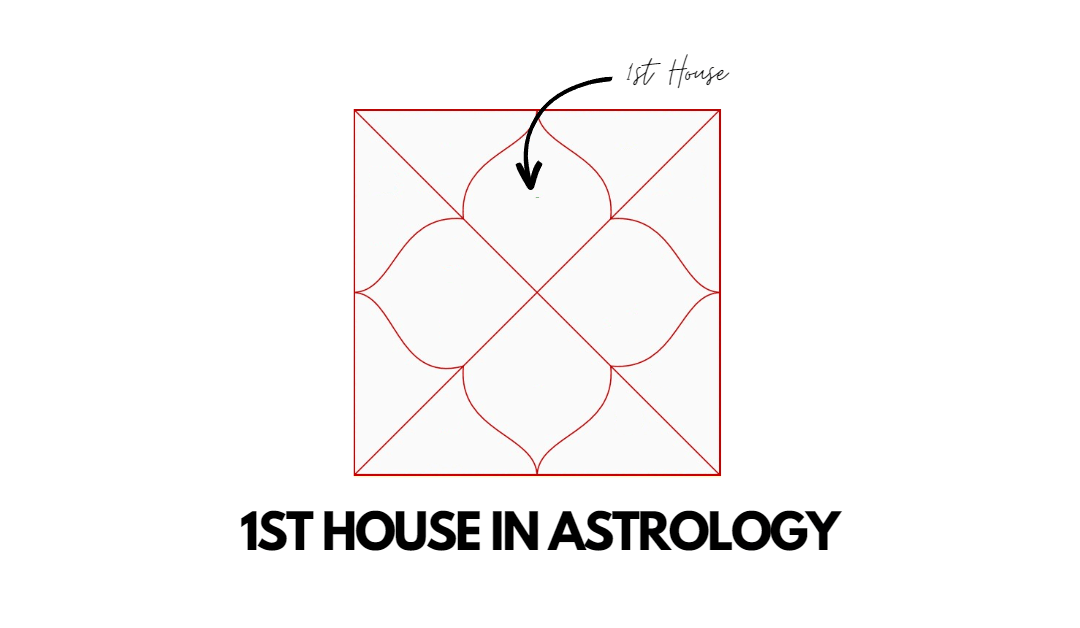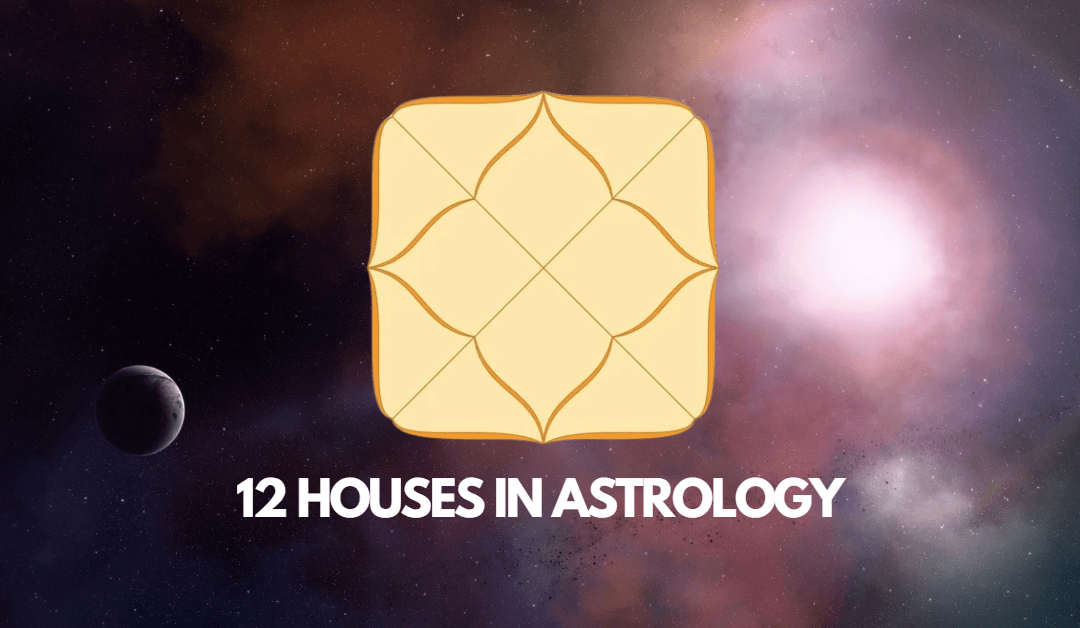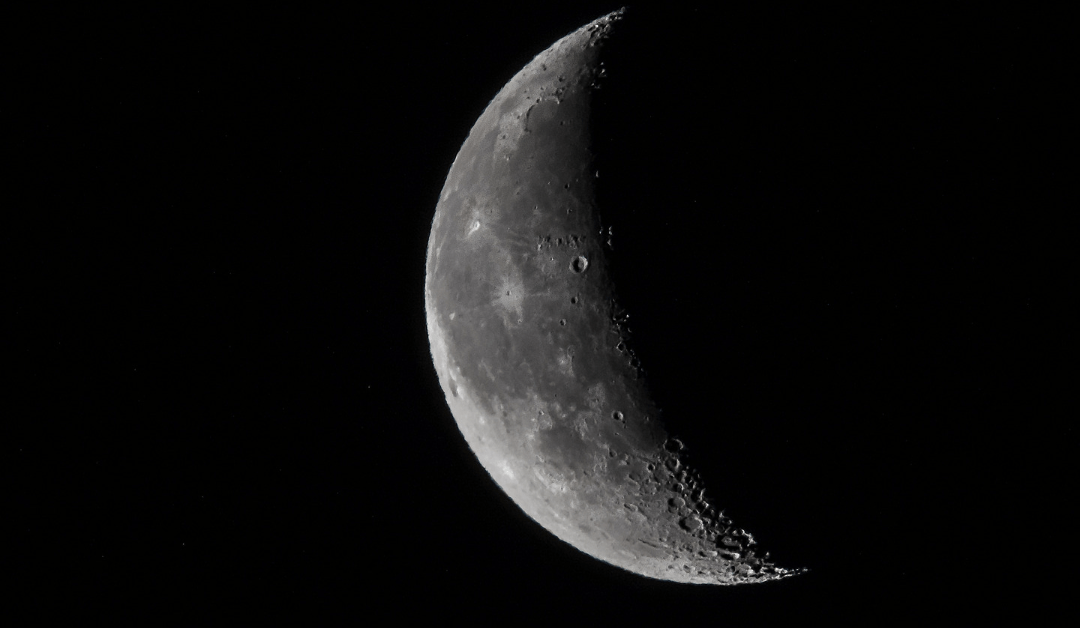Astrology is an ancient practice that involves the study of the movements and relative positions of celestial bodies, such as the sun, moon, stars, and planets, and how they may influence human affairs and the natural world. The word “astrology” comes from the Greek words “astro,” meaning star, and “logia,” meaning “communications of divine origin” which is adapted from the term logion meaning “Word of God“.
Astrology has been used for thousands of years in many different cultures, such as India, Babylonia, China, Egypt, Greece, and Rome. In these ancient societies, astrology was used to predict events such as eclipses, weather patterns, and the outcomes of battles. Astrology was also used to guide people in making decisions about everything from when to plant crops to when to go to war.
Astrology is divided into two main branches: natal astrology, which deals with the study of the positions of the celestial bodies at the time of a person’s birth, and mundane astrology, which deals with the study of the influence of celestial bodies on world events.
Astrology can be a tool for self-reflection and understanding one’s subconscious mind. The idea is that by understanding the positions of celestial bodies at the time of a person’s birth, an astrologer can gain insight into that person’s personality, strengths, weaknesses, and potential life paths.







